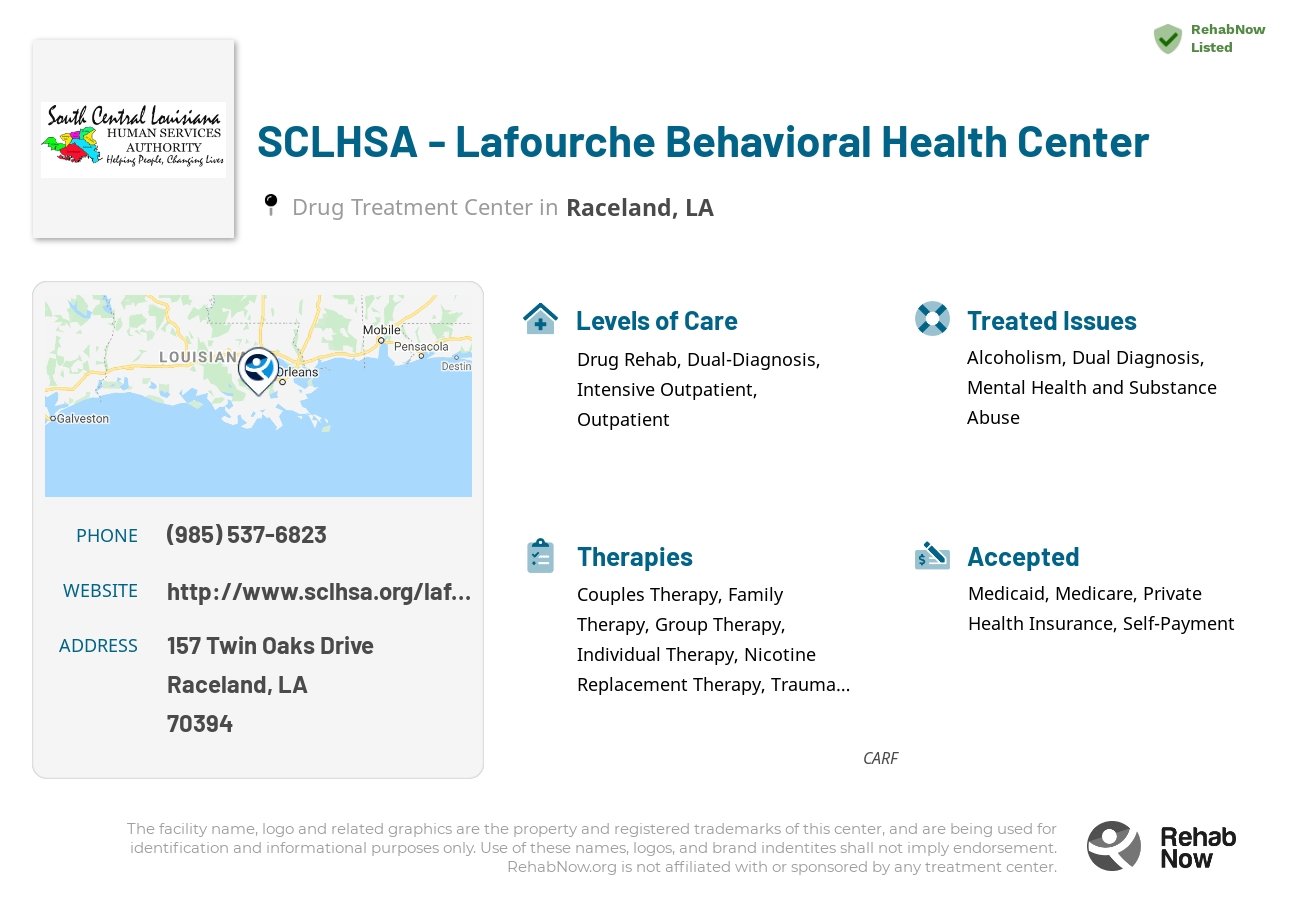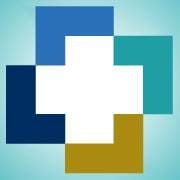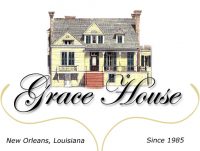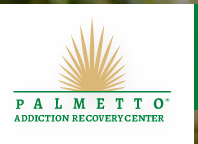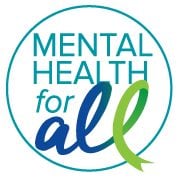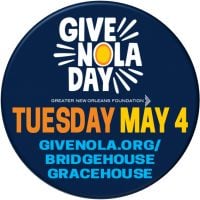SCLHSA - Lafourche Behavioral Health Center
Drug Rehab Center in Raceland, Louisiana
The Lafourche Behavioral Health Center in Raceland, LA, provides CARF-accredited drug rehab programs with evidence-based practices and integrated approach to address both addiction and mental health, as well as individualized support services such as counseling and drug testing.
About SCLHSA - Lafourche Behavioral Health Center in Louisiana
Located in Raceland, Louisiana, SCLHSA - Lafourche Behavioral Health Center stands out for its dedication to addressing the behavioral health needs of its community. It prioritizes outpatient and intensive outpatient treatment for a variety of behavioral health issues, making it a unique resource for those in search of support for their journey toward sobriety.
With a CARF accreditation, SCLHSA - Lafourche Behavioral Health Center exemplifies high standards in addiction and behavioral health treatment. Its ties to the South Central Louisiana Human Services Authority reinforce its commitment to offering services that are both comprehensive and accessible to individuals struggling with substance abuse and mental health issues.
- CARF Accreditation: A testimony to the center's commitment to excellence and quality care in addiction treatment.
- Outpatient and Intensive Outpatient Programs: Flexible programs designed to support individuals in their daily lives while providing thorough care.
- Focus on Behavioral Health: The center provides a holistic approach to treatment, emphasizing the importance of addressing both mental health and substance abuse.
SCLHSA - Lafourche Behavioral Health Center specializes in treating a range of addictions and behavioral health issues, offering tailored programs that include both outpatient and intensive outpatient care. This approach allows individuals to receive the support they need while continuing with their daily commitments.
Genders
Ages
Modality
Additional
Accreditations

CARF
The Commission on Accreditation of Rehabilitation Facilities (CARF) is a non-profit organization that specifically accredits rehab organizations. Founded in 1966, CARF's, mission is to help service providers like rehab facilities maintain high standards of care.
Conditions and Issues Treated
Substance abuse is a severe problem that affects many people in Raceland, LA. It is characterized by the excessive and inappropriate use of drugs, including alcohol, medications, and illicit drugs. Substance abuse can lead to physical or psychological dependence and affect social life and relationships. Treatment options include medications, counseling sessions, behavioral therapy, and group therapy. If you are suffering from substance abuse, contact for the latest treatments available.
Dual Diagnosis therapy is considered more successful than traditional rehab methods because it treats the addiction and the underlying mental health disorder simultaneously. This comprehensive approach gives Raceland, LA patients the best chance for long-term recovery. If the patient does not receive treatment for both conditions, they are more likely to relapse.
Levels of Care Offered
This center offers a variety of custom treatment tailored to individual recovery. Currently available are Drug Rehab, Dual-Diagnosis, Intensive Outpatient, Outpatient, with additional therapies available as listed below.
An intensive outpatient treatment program, or IOP, is set up for those struggling with an addiction to begin the recovery process. However, the patient will not live at the facility during treatment.
IOP involves patients coming in and out of a medical office building regularly to receive therapy and other services while continuing their life outside of these visits.
IOP is a step up from drug detoxification or alcohol detox. However, it’s still considered a phase of recovery rather than the ultimate goal. There are many rehabs and treatment facilities available to patients in need of IOP.
Outpatient treatment consists of counseling and therapy sessions. The outpatient treatment process begins with the addict’s initial detox period, lasting about ten days. Outpatient treatment is used for those who are at moderate risk for “slipping back” into the addiction. It is also used for those who are not currently experiencing any side effects from withdrawal, can handle social pressure, have a stable living environment, and have a good support system.
Therapies & Programs
Individual Therapy is a crucial component of addiction recovery. Therapists work with patients to identify the root of their addiction and figure out how to better handle the issues that led to them using drugs. Individual Therapy is one on one sessions where people meet with their therapist. Individual therapy provides a safe space for people to open up and discuss personal and sensitive topics which they may not feel comfortable discussing in a group setting.
In this type of therapy, therapists can develop specific solutions for each patient, which helps speed up their recovery process. In addiction recovery, therapy is a crucial part. It allows patients to go deep into their core issues and discover how those problems can be better handled now. Therapy can be performed in individual sessions as well as group settings. In individual therapy for addiction, the patient meets with the therapist one-on-one to focus on the underlying issues of addiction and come up with solutions to prevent future abuse.
Addiction can take a heavy toll on relationships, damage the trust and intimacy that was once there. Couples therapy at SCLHSA - Lafourche Behavioral Health Center helps to rebuild the trust and intimacy that has been damaged. An intimate relationship with a drug addict is not healthy for children or anyone in the family. Therapist help to rebalance family roles and create a healthier environment after rehab in Raceland, LA.
Family therapy is a crucial part of drug treatment and getting sober. It is one of the most effective ways to help addicts stay on the path to long-term sobriety. One of the most important parts of family therapy is the relapse prevention plan. During treatment, therapists and doctors will often sit down with the addict and their family to develop a plan if the addict ever feels like they want to use again. This plan should involve steps the addict and family can take together to prevent them from relapsing in the future.
An addict’s family can play a vital part in helping them to avoid relapse because they can spot the warning signs and help them get back on track before it becomes too much of a problem. Family therapy is one of the most effective ways to help addicts stay on the path to long-term sobriety.
Group Therapy is employed by drug treatment centers like SCLHSA - Lafourche Behavioral Health Center to provide the recovering addict with a platform to talk about their feelings and experiences. It also provides for an opportunity to learn from other addicts who have successfully overcome their addiction. It is recommended that all group members be recovering addicts for this type of therapy to work.
This type of therapy involves the use of a variety of therapeutic techniques to help addicts recover from past traumas that might have triggered their substance abuse. During these sessions, therapists will work with the addict to address painful memories and learn how to cope effectively with stressors as they arise.
During these types of sessions, therapists will typically focus on three main goals:
- Identifying and expressing painful emotions associated with past traumas.
- Reducing the effects of stress on an addict’s life by developing more effective coping mechanisms.
- Developing healthy ways of thinking about stressful situations that can help addicts avoid substance abuse issues in the future.
This type of therapy is typically used in conjunction with other types of addiction treatment services. By identifying and dealing with the root cause of addiction, most addicts can overcome their cravings and prevent relapse once they leave rehab.
Many different types of addiction treatment services exist to help addicts safely get sober, but it’s important for recovering individuals to find a therapist or support group that will help them address the root cause of their addiction.
Cognitive Behavioral Therapy (CBT) is an approach and method in psychotherapy. SCLHSA - Lafourche Behavioral Health Center asks people to investigate how their thoughts, including habitual, harmful, and inaccurate ways of thinking, affect behaviors. CBT is based on the idea that rigid, inflexible ways of thinking cause people to have a limited ability to cope with stress, which leads to emotional distress.
Likewise, CBT helps people identify maladaptive behaviors and replace them with more positive behaviors. It makes you look at the way you perceive something and ask: Is this a realistic belief? CBT asks people to look at the role of behaviors and emotional responses and how they may be distressing in one’s life. The goal of CBT is to change the way people think and behave to achieve a more balanced, healthier lifestyle.
Moreover, CBT has been shown to reduce some types of anxiety disorders, depression, and symptoms related to thoughts or actions that are considered harmful.
Payment Options Accepted
For specific insurance or payment methods please contact us.
Is your insurance accepted?
Ask an expert, call (888) 674-0062
South Central Louisiana Human Services Authority Associated Centers
Discover treatment facilities under the same provider.
- SCLHSA - Terrebonne Behavioral Health Center in Houma, LA
- SCLHSA - River Parishes Behavioral Health Center in La Place, LA
- SCLHSA - Saint Mary Behavioral Health Center in Morgan City, LA
Learn More About South Central Louisiana Human Services Authority Centers
Additional Details
Specifics, location, and helpful extra information.
Raceland, Louisiana 70394 Phone Number(985) 537-6823 Meta DetailsUpdated April 15, 2024
Staff Verified
SCLHSA - Lafourche Behavioral Health Center Patient Reviews
There are no reviews yet. Be the first one to write one.
Raceland, Louisiana Addiction Information
Louisiana is one of the top ten states in the nation for opioid-related deaths. One in ten high school students admits to regularly using prescription opioids for non-medical purposes. More than 225,000 Louisiana residents admit to regular heavy drinking and around 6% of the Louisiana population abuses alcohol. Marijuana use in Louisiana is most common amongst teenagers between the ages of 12 and 17 years old.
Treatment in Nearby Cities
- Winnfield, LA (197.0 mi.)
- Youngsville, LA (89.6 mi.)
- Pineville, LA (157.9 mi.)
- Laplace, LA (25.8 mi.)
- Baker, LA (71.1 mi.)
Centers near SCLHSA - Lafourche Behavioral Health Center
The facility name, logo and brand are the property and registered trademarks of SCLHSA - Lafourche Behavioral Health Center, and are being used for identification and informational purposes only. Use of these names, logos and brands shall not imply endorsement. RehabNow.org is not affiliated with or sponsored by SCLHSA - Lafourche Behavioral Health Center.



